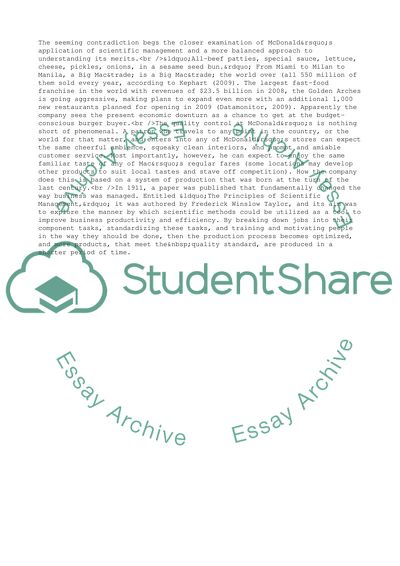Cite this document
(Organisations & Management Case Study Example | Topics and Well Written Essays - 1750 words, n.d.)
Organisations & Management Case Study Example | Topics and Well Written Essays - 1750 words. https://studentshare.org/management/1723158-organisations-management
Organisations & Management Case Study Example | Topics and Well Written Essays - 1750 words. https://studentshare.org/management/1723158-organisations-management
(Organisations & Management Case Study Example | Topics and Well Written Essays - 1750 Words)
Organisations & Management Case Study Example | Topics and Well Written Essays - 1750 Words. https://studentshare.org/management/1723158-organisations-management.
Organisations & Management Case Study Example | Topics and Well Written Essays - 1750 Words. https://studentshare.org/management/1723158-organisations-management.
“Organisations & Management Case Study Example | Topics and Well Written Essays - 1750 Words”. https://studentshare.org/management/1723158-organisations-management.


